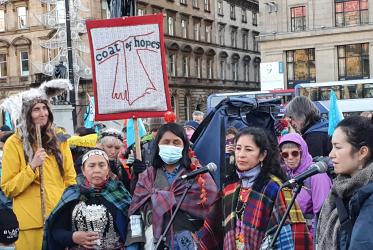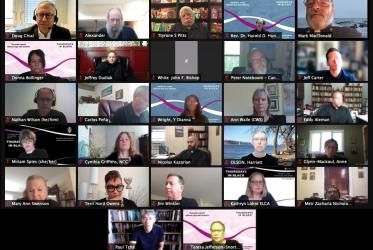Displaying 1 - 20 of 36
17 April 2024
WCC stands in solidarity with victims of major flood in Brazil
17 February 2022
Interfaith Rainforest Initiative expands
12 February 2019
WCC Eco-School encourages youth to become eco-ambassadors
08 November 2018
















